Insider documentary reveals a side of gamers that may surprise many, Li Yingxue reports.
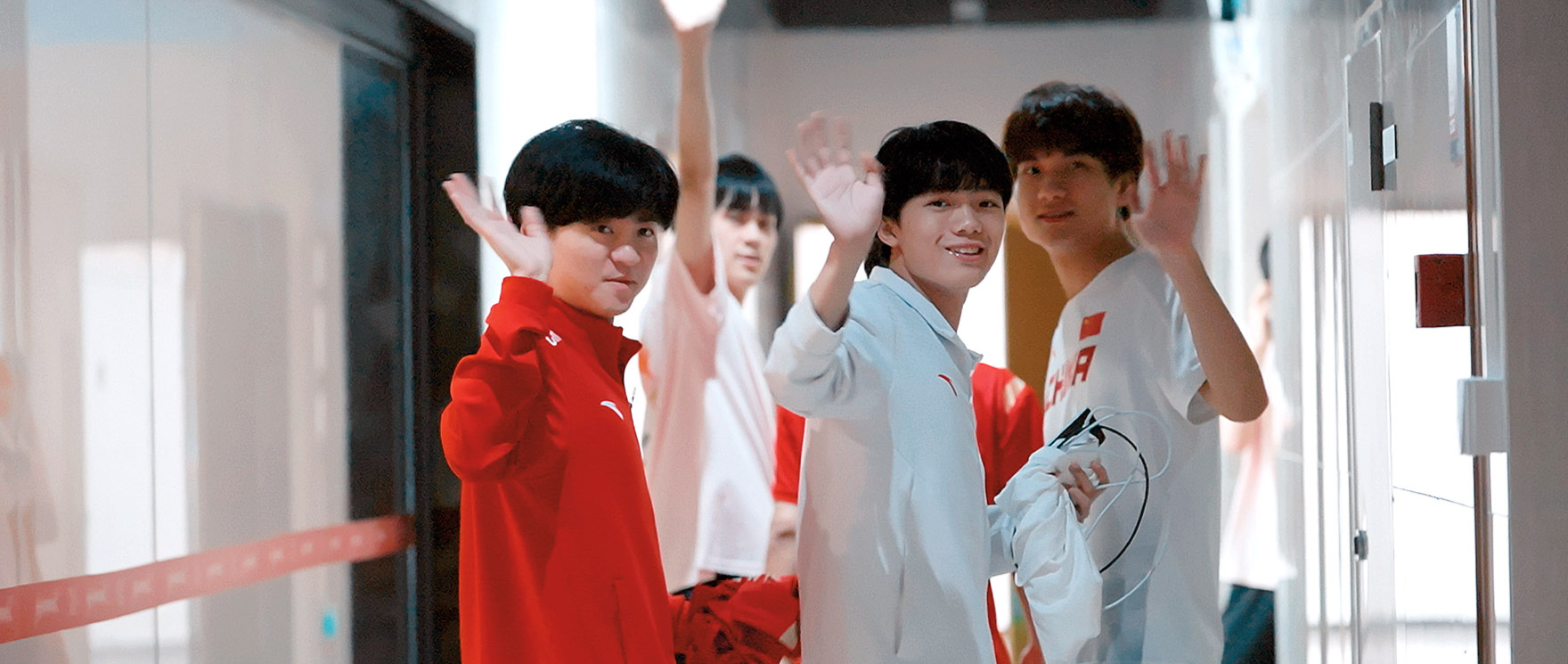
At the Hangzhou Asian Games in 2023, China's 201 gold medals included one that, while seemingly inconsequential, represented a milestone for its esports industry: a gold medal in the first Arena of Valor Asian Games Version.
The team behind the win was equally distinctive: six players, aged 22 on average, who, after months of rigorous training, reached the pinnacle of Asian esports. It was both their debut on the national stage, and most likely, their last appearance.
Esports careers tend to be brief, often lasting just six or seven years, with players peaking quickly. It is a rapidly evolving discipline, one in which new stars emerge constantly, and the Asian Games — held once every four years — is a rare opportunity for players to represent their country at the highest level.
READ MORE: Team of dream takes esports crown
The six contestants, from five different clubs at that time competing in the King Pro League, a professional esports league in China dedicated to the mobile multiplayer online battle arena game Honor of Kings, and one of the most prestigious mobile gaming competitions in the country featuring top teams and players, came together for a moment that is unlikely to be repeated.
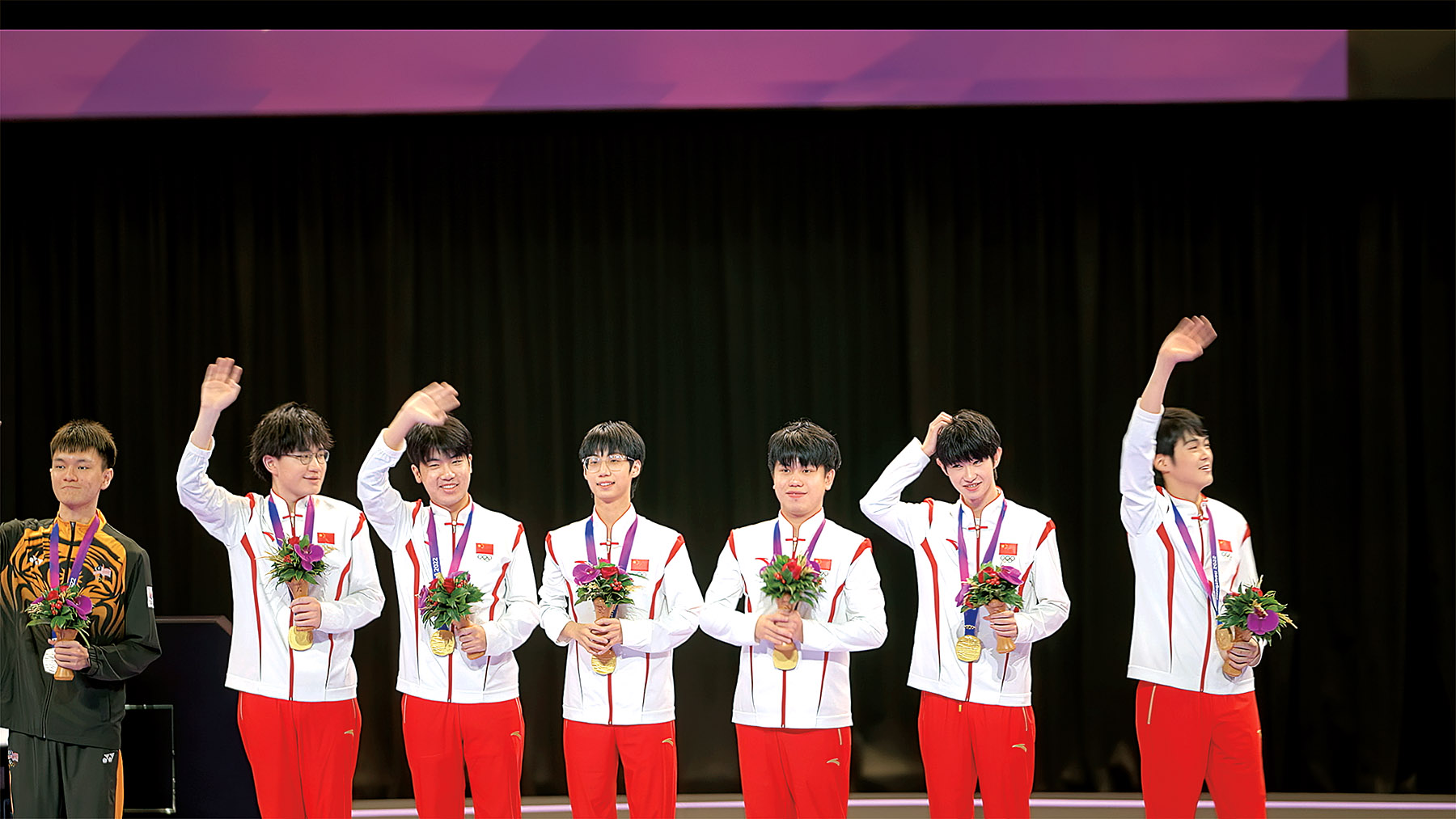
The months leading up to the Asian Games were precious to the players. Their shared journey — marked by intense training, passion and uncertainty — was carefully documented on film.
Now, a year later, 32-year-old director Ni Meng has brought their story to the big screen in More Than a Game. Released nationwide on Dec 6, the documentary invites viewers to relive the triumph, the camaraderie, and the youthful vigor that defined this historic moment.
"This is a film without gaming barriers. I wanted to create an esports documentary that parents could understand," Ni says.
Duan Xiaoxiong, a teacher at the National Academy of Chinese Theatre Arts and a film critic, admitted that as someone who isn't an esports fan, he hesitated before watching the film, concerned it might be too specialized for someone like him who has never played video games.
"After seeing it, I realized this is a film for anyone with a dream," Duan says. "As the director aptly put it, this is a movie about people. The title has a dual meaning, reminding us that its significance extends far beyond the competition or the film itself."
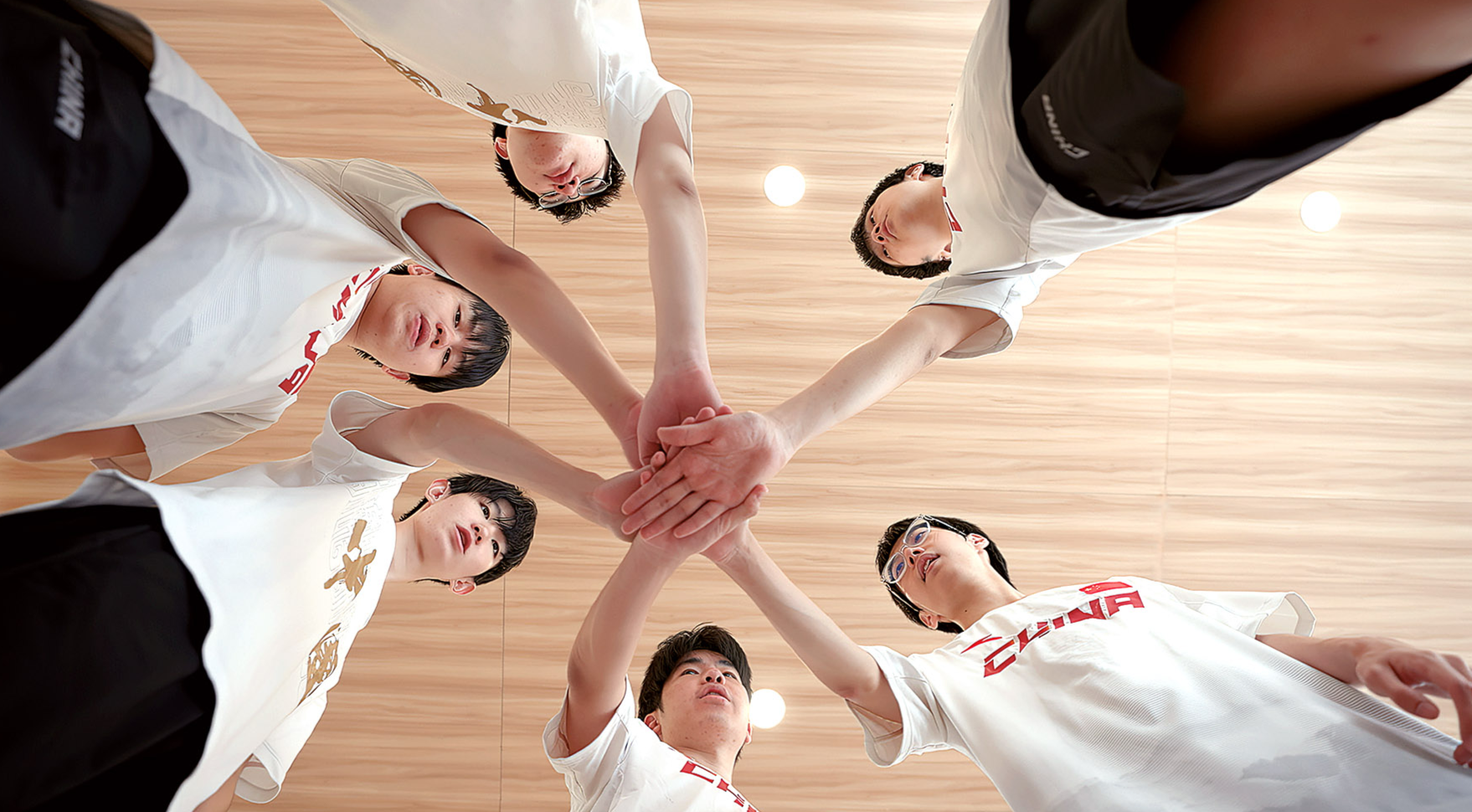
It begins with 22 young players selected to take part in a rigorous 15-day training camp to compete for one of six spots on the national team for the Asian Games.
At the heart of the camp are Chen Zhengzheng and Peng Yunfei, both strong contenders, neither of whom made the final cut despite giving it their all.
At 26, Chen was particularly eager to represent his country. He had been a torchbearer at the 2018 Asian Games in Indonesia, an experience that left a lasting impact. His wish for success, fueled by that memory, didn't come true.
Peng, who was 23 at the time, made a concerted effort to support the emotional well-being of his teammates, but struggled to perform at his best during the selection trials.
"Peng is from Chongqing and was raised by his grandmother. He worked in a hotpot kitchen to save the 2,000 yuan ($275.8) he needed to buy his first smartphone, and start his esports career," Ni says.
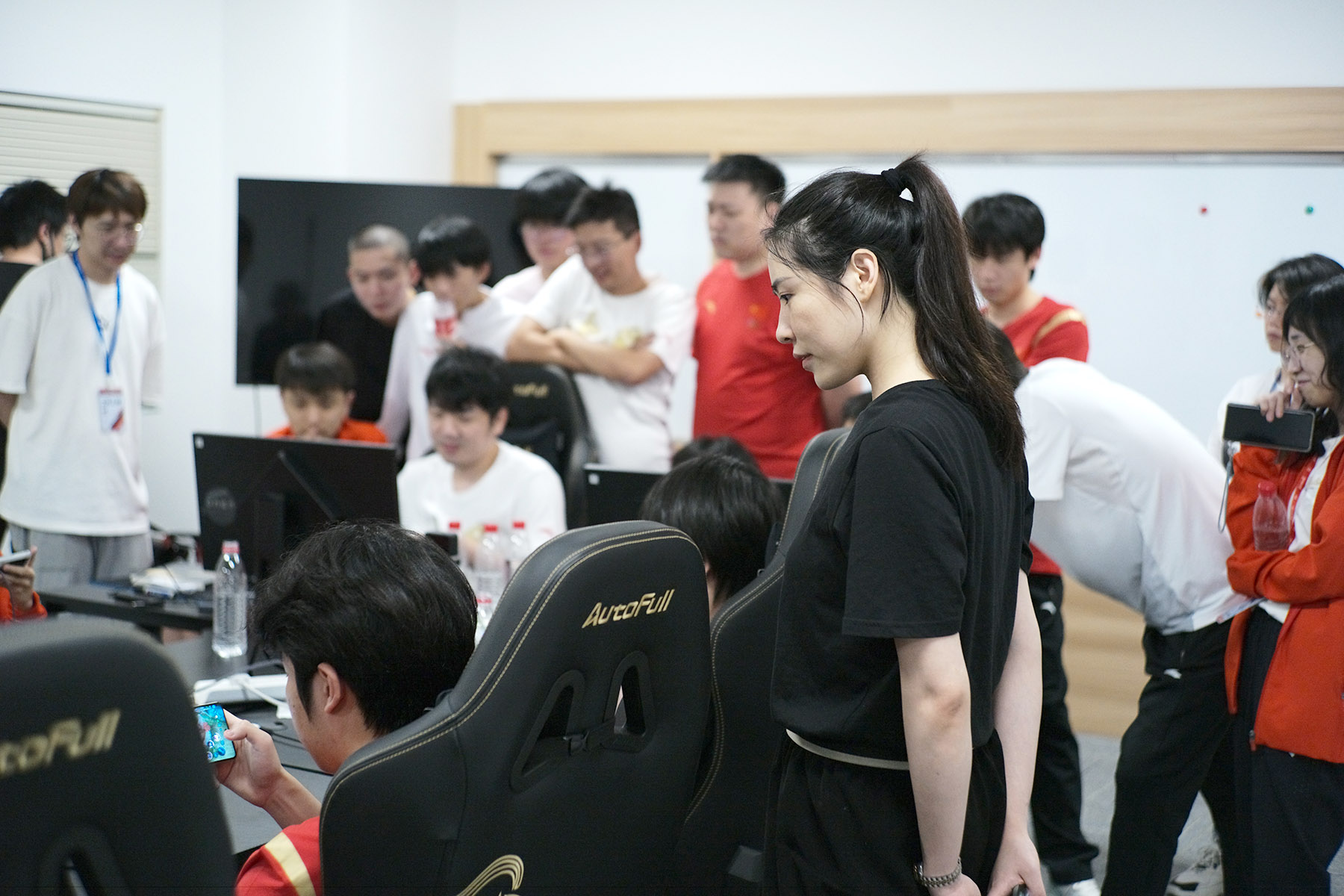
"He was determined," she continues. "After facing failure or emotional setback, many people struggle to bounce back, and their negativity affects others, but Peng didn't let that happen. When he was cut from the national team, he said, 'It's OK. I did my best. I'll try again next time.' Chen and Peng's stories are relatable — they poured everything into something they care about. There's no such thing as a perfect life, but they give it their all, every time."
The two share a parallel career path, both entering the professional esports world in the same year — one as a film director, the other as a King Pro League player.
Ni worked on shows for the Olympics, World Cup, and the UEFA Champions League and began creating esports content in 2017.
Like many others, she initially thought of the players as little more than talented gamers, but after seven years, she came to realize they display aspects that the outside world often overlooks, from their resilience in the face of youthful tribulations to their transformative journeys.
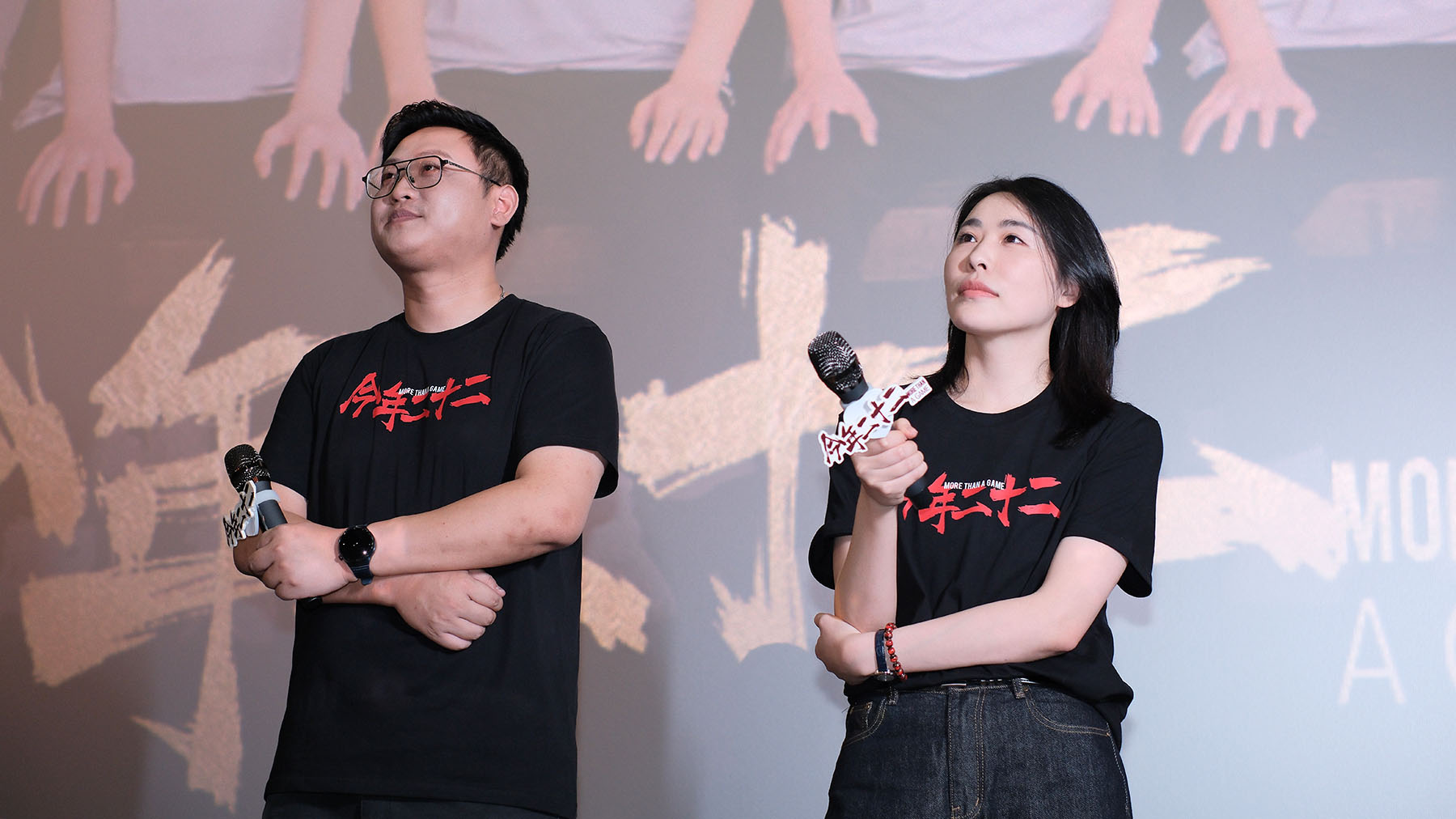
Portraits of Youth
For Ni, the most compelling aspect of esports lies in the collective stories of its players. Her film seeks to capture the energy and camaraderie that define the world of competitive gaming.
"I saw a lot of idealism and innocence in their stories. People are drawn to group portraits because, in a crowd, they find a reflection of themselves — someone who represents their own hopes and dreams," Ni explains.
Although she has vivid memories of each player's journey, Ni and her team had already compiled 6,000 to 7,000 words of background material on the competitors before filming began. The profiles of players like Chen and Xu Bicheng, one of the six who ended up in the national team, exceeded 30,000 words.
"While the media already provides ample coverage of the games and tournaments, I felt it was essential to understand these individuals on a deeper level," Ni says. "When they speak to me in the documentary, it's as if they're speaking directly to the audience."
Ni was more than a director and became an integral part of the team, collaborating with the coach on training plans, and earning the trust of the players as a close confidante.
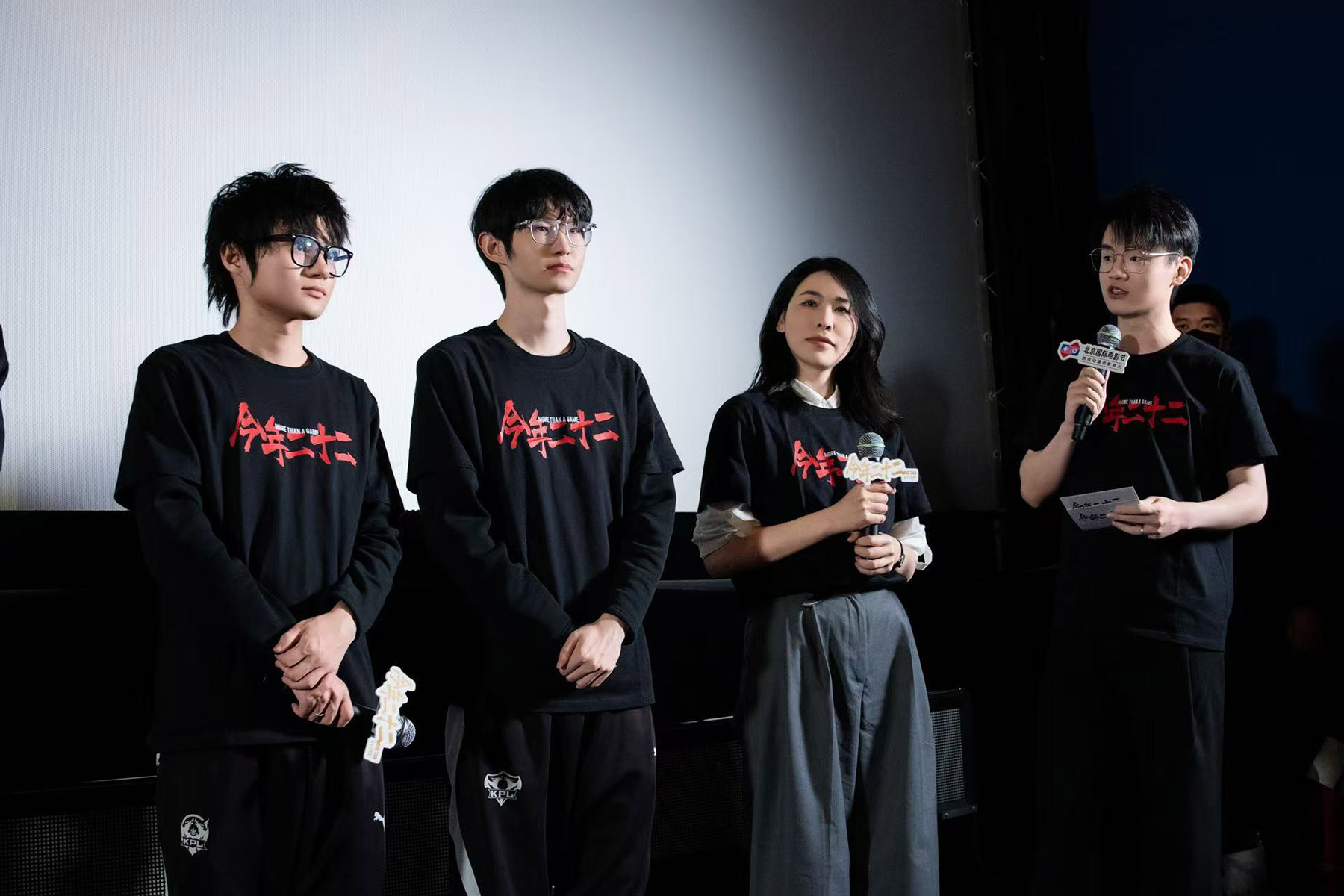
"This is the magic of esports — it brings together a group of people who are fully dedicated to one goal," Ni says. "The true appeal of competitive sports lies in the emotions of the players. Win or lose, I experienced those emotions with them — even though I wasn't the one competing."
Through the nuances of everyday life and training, Ni captures the personalities of each player, presenting an intimate portrait of the team dynamic.
The latter half of the story focuses on the training for the six finalists and the competition itself.
She says the six finalists shared one key trait: They were all children from humble beginnings. One was the son of a truck driver, another grew up helping his parents work in the city, and another was raised by a single mother who ran a hardware store. Esports changed their lives and opened doors to new opportunities.
Ni and her team visited several of the players' hometowns, offering glimpses into the environments that shaped them.
"Some of the players demonstrate surprising contrasts," Ni says. "Take Xu Bicheng, for example, he seems like the cheerful one, but at home, he carries a lot of responsibility."
As a child, Xu traveled the country with his father on his truck. Following a car accident, and worried about his father's safety, Xu decided to keep him close by renting and running a fishpond in their village.
The Asian Games not only allowed him to develop his skills, but may have also brought him a bit of luck. In an interview in the documentary, he recounted a dream in which he was lifting a trophy in a packed arena as the crowd chanted his name.

Last month, that dream came true as Xu led AG Super Play, the club he normally competes with, to victory at the 2024 KPL finals in Beijing, as the crowd roared his name.
Since its national preview last month, the documentary has drawn emotional responses, with many viewers reflecting on their own youthful ambitions and saying they were inspired by the protagonists' struggles.
Go player Ke Jie, who also competed at the Asian Games, is particularly moved by a line from Xu's interview: "The worst thing you can hear is 'You've done your best', but deep down, I know I could have tried harder. I could have done better."
"I felt that deeply," Ke says. "In competitions, people often say you've done your best, but you know there are always areas where you could improve."
ALSO READ: Online battles keep elderly ahead of the game
One online user who goes by the name of Choufeizhiren Wangxiaoxia comments on the changing view of gaming. "Older Chinese people have long seen video games as a threat …but in this film, these young men, wearing the Chinese national team uniform at the Asian Games, are challenging those stereotypes. Gamers can be kind, warm and full of light."
Ni says that 22 is both the prime age for esports players, and the threshold of the rite of passage into adulthood.
"For the public, 22 marks a turning point. It's when you graduate, start supporting your family, and take on adult responsibilities. At 18, life is still uncertain," she says, adding to her comment in the documentary that, "if you're not yet 22, embrace it with courage. If you've passed it, face every challenge with the same bravery."
Contact the writer at liyingxue@chinadaily.com.cn


